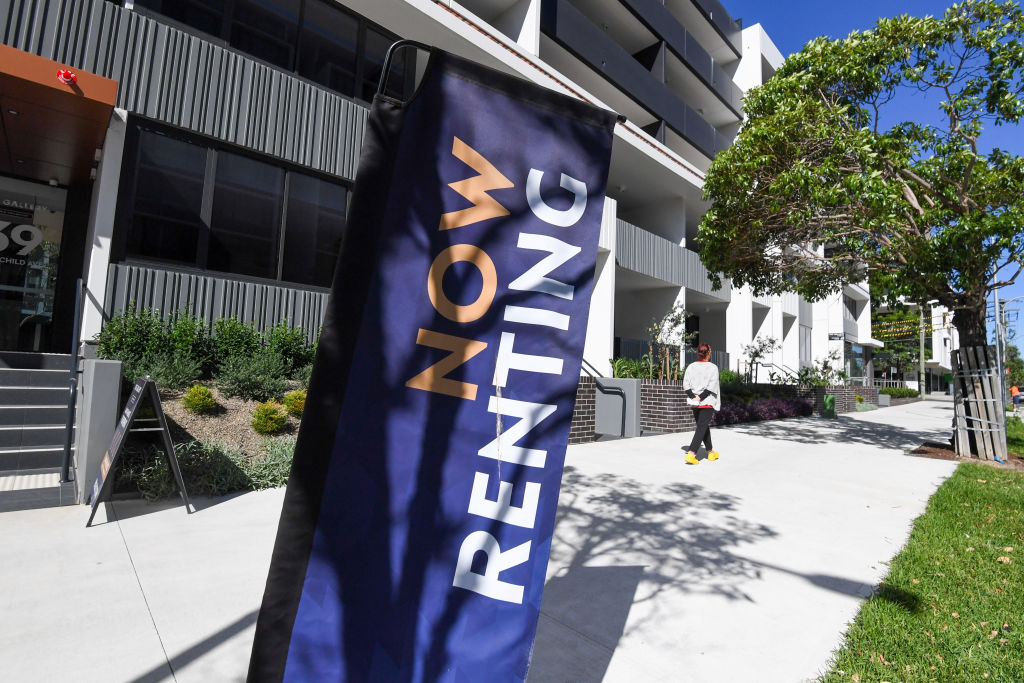Fears of financial stress for Canberrans as cuts to JobSeeker leave rents out of reach: Domain data

Out-of-work tenants will be hard hit when reduced JobSeeker payments come into effect in September, with some tenants left with not even a dollar to spend on living expenses, new data shows.
Experts have raised concerns that more Canberrans will be pushed into financial stress and some may face homelessness when the new changes are imposed, considering the ACT is the most expensive city to rent a house in the nation, with unit prices also increasing.
Prime Minister Scott Morrison recently announced changes to the income-support payment, which was introduced in April to those who were stood down or let go as a result of the coronavirus pandemic.
JobSeeker will be cut from $550 a week to $408 a week. Combined with the $70 rental assistance, residential tenants are left with $478 a week.
An analysis of Domain rental data for the June quarter reveals a unit in Amaroo, where the median asking rent was $478 a week, would leave tenants with no change to spare.
This was followed by units in Narrabundah, where the median asking rent was $475, leaving tenants with $3 for living expenses.
“The data illustrates that anyone on a lower income will struggle to find suburbs with a more affordable price,” said Domain senior research analyst Nicola Powell.
“Prices are a little bit more affordable than what they were at the beginning of the year but it’s still grossly unaffordable for some,” Dr Powell said.
To have more money left in the till, the data showed tenants on JobSeeker would be better off renting a unit in Hackett where the median asking rent was $340 a week, leaving tenants with $138.
A unit in Lyons, with a median asking rent of $350 a week, would also leave tenants with $128 a week.
But, these two suburbs were the only areas where tenants were left with more than $100 to pay the bills and buy food.
Better Renting director Joel Dignam said [if JobSeeker was reduced]: “It’s going to push households into poverty, it’ll force people to choose between keeping a roof over their heads or put food on the table.”
Mr Dignam said the decrease to JobSeeker will see some renters seek a reduction for the first time or ask for a further reduction if they were already affected by the pandemic.
In May, the ACT government announced a new mediation service for landlords and tenants if they were unable to meet a mutual agreement because the tenant can’t meet their rent repayments due to COVID-19.
“The ACT government is offering more support for tenants to negotiate rent reduction which is useful, however, it’s hard to take that initiative,” Mr Dignam said.
“The thing with the negotiation service is that it’s voluntary and the landlord has to agree to take part and if they refuse or can’t reach an agreement, there’s nowhere else for tenants to go.”
While the JobSeeker payments have been reduced, residential tenants were offered a fresh lifeline by the ACT government last month.

The government extended the moratorium period for rental evictions by a further three months to October 22 and allowed tenants to terminate their fixed-term lease without penalty.
ACT Council of Social Service CEO Emma Campbell said she was concerned for the wellbeing of Canberrans who weren’t able to meet rent repayments, in light of recent data showing almost 1600 people were homeless in the ACT.
“High housing costs, especially rents, can leave people in poverty and force people to compromise on basics like food, clothing, healthcare and transport,” Dr Campbell said.
“The ACT has high costs of living including energy costs due to our climate extremes.”
While she welcomed the territory government’s latest $61 million investment in public housing, she said there was “almost no rentals in Canberra affordable to people on income support”.
“There is more to be done,” she said.
We recommend
We thought you might like
States
Capital Cities
Capital Cities - Rentals
Popular Areas
Allhomes
More
- © 2025, CoStar Group Inc.









